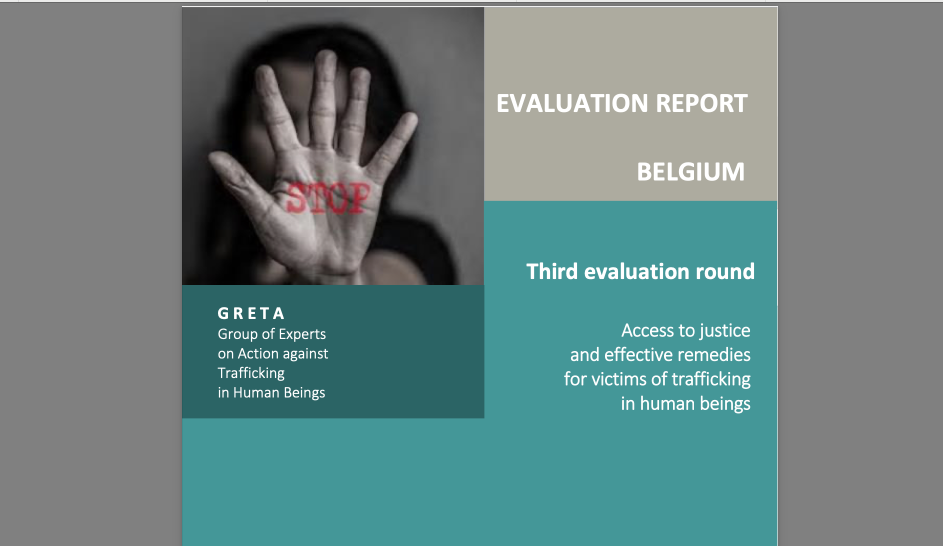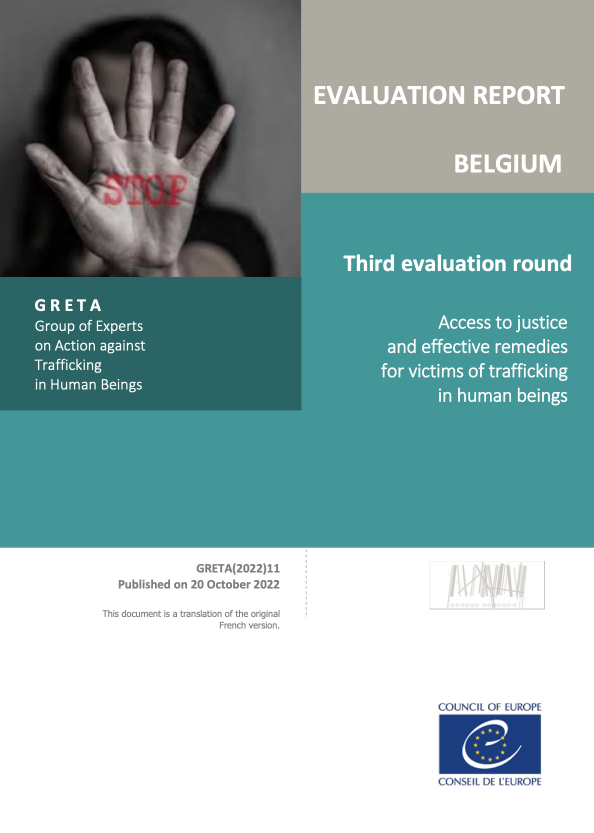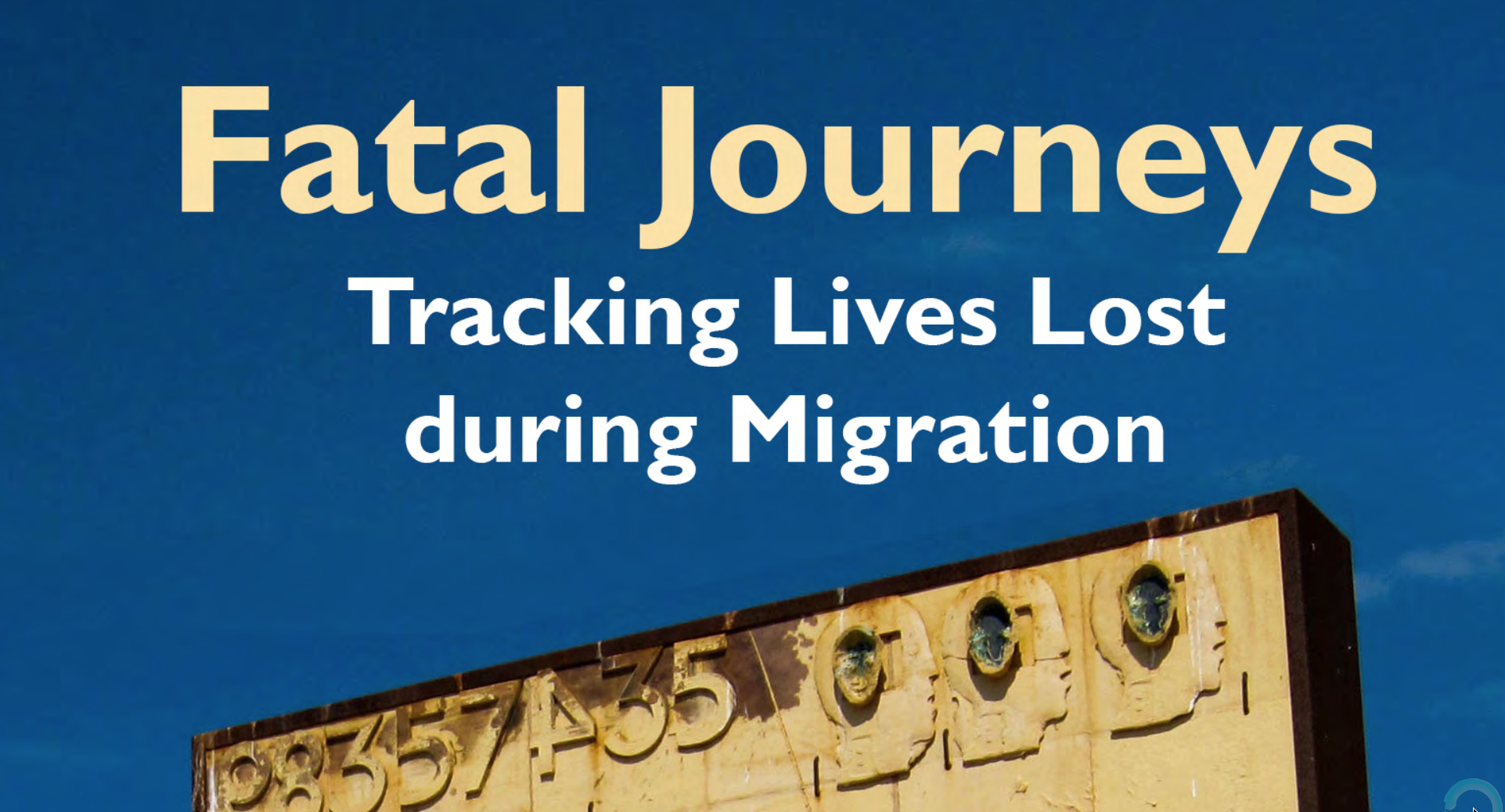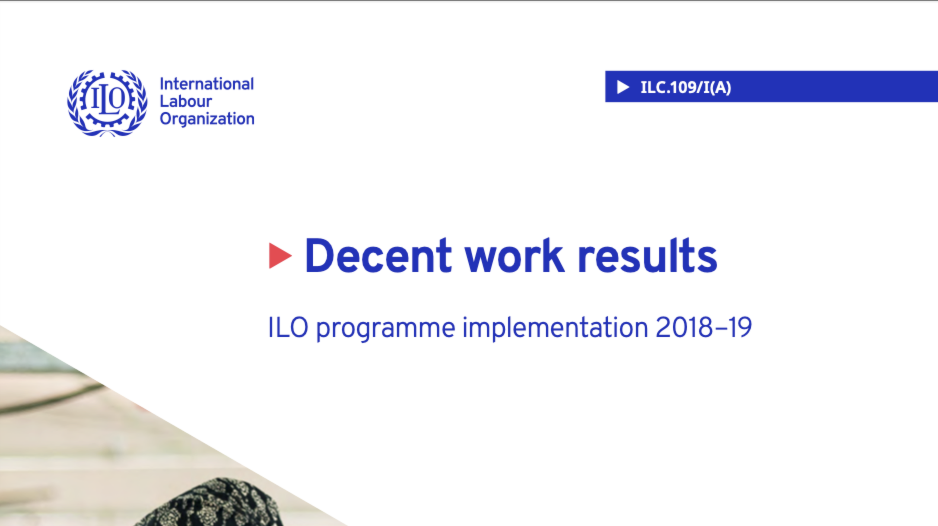Executive Summary
Since the second evaluation round of the implementation of the Council of Europe Convention on Action against Trafficking in Human Beings, Belgium has continued to develop the legislative and policy framework relevant to action against trafficking in human beings. The fourth National Action Plan for preventing and combating Trafficking in human beings, covering the period 2021–2025, was adopted in June 2021. The Federal Migration Centre (MYRIA) continues to act as an independent national rapporteur. GRETA welcomes MYRIA’s detailed and comprehensive reports as an important instrument for research and action in the field of trafficking in human beings.
Belgium remains primarily a country of destination for victims of human trafficking, but it is also a country of origin and transit. According to data provided by MYRIA, the number of victims of trafficking receiving support from specialised reception centres was 120 in 2017, 122 in 2018, 145 in 2019 and 88 in 2020. The majority of victims were men trafficked for the purpose of economic exploitation. The second most common type of exploitation was sexual exploitation, which mainly affects women.
The focus of the third evaluation round of the Convention being on trafficking victims’ access to justice and effective remedies, the report analyses in detail the implementation of provisions of the Convention establishing substantive and procedural obligations relevant to this topic.
In Belgium, presumed victims of trafficking are informed about their rights through a leaflet, which is available in 28 languages and written in an accessible language, but which does not mention all the rights of the victims. GRETA considers that the Belgian authorities should strengthen the provision of information to presumed victims of trafficking concerning their rights as soon as they are detected and regardless of whether they decide to approach a specialised reception centre.
Access to legal aid for victims of trafficking is subject to very restrictive eligibility criteria. One of the criteria is the lack of financial resources, which should be maintained throughout the proceedings. The threshold for obtaining legal aid is lower than the minimum wage and excludes, in practice, all victims who work or find a job during the proceedings. GRETA urges the Belgian authorities to take further measures to ensure access to justice for victims of trafficking and, in particular, to revise and simplify the eligibility criteria for access to legal aid.
While welcoming the availability of legal remedies to claim compensation, GRETA is concerned about the limited number of victims who have obtained compensation. GRETA urges the Belgian authorities to take additional measures to guarantee effective access to compensation for victims of trafficking, and in particular to facilitate access to legal aid and to review the criteria for access to the Financial Aid Fund for Victims of Intentional acts of Violence.
The number of investigations and prosecutions in human trafficking cases has increased since 2017. The Financial Intelligence Processing Unit (CTIF) has referred to the judicial authorities several cases related to human trafficking, demonstrating a key role in conducting effective financial investigations. However, law enforcement officials met by GRETA during the visit expressed great frustration over the lack of staff and the impact on the possibility to carry out proactive and effective investigations. GRETA urges the Belgian authorities to allocate sufficient human and budgetary resources to the police forces.
GRETA welcomes the adoption of the law of 22 May 2019, which recognised in the Belgian Criminal Code the principle of non-punishment of victims of trafficking for their involvement in unlawful activities, to the extent that they were compelled to do so. However, GRETA considers that the authorities should take further steps to ensure the practical implementation of the non-punishment provision, in particular with regard to minor victims of trafficking for the offences they were forced to commit.
Furthermore, GRETA considers that the Belgian authorities should ensure that the available protective measures are effectively applied to victims of trafficking and witnesses in order to protect them, including by avoiding the confrontation of victims of trafficking in the physical presence of the accused and by ensuring the use of videotaped hearings of victims of all types of human trafficking.
The report also examines progress made on the implementation of previous GRETA recommendations on selected topics. While welcoming the efforts to prevent and combat human trafficking for the purpose pf labour exploitation, GRETA urges the Belgian authorities to allocate sufficient human and financial resources to labour inspectors in order to allow them to perform their role effectively and proactively throughout the country. GRETA also considers that the training and specialisation of labour auditors should be improved, including on the specificities of the trafficking offence and the differences between it and other offences under labour criminal law.
The identification of victims in Belgium is, in practice, closely linked to their cooperation with the justice system and to the fact that they are accommodated in specialised centres. GRETA considers that the Belgian authorities should ensure that the formal identification of victims of trafficking is not dependent, in practice, on their cooperationGRE with the justice system or on the outcome of criminal proceedings.
While welcoming the increase in public funding for specialised reception centres, GRETA urges the Belgian authorities to ensure that assistance measures are not conditional on the victim’s agreement to cooperate with criminal investigations and proceedings.
Concerned by the low number of children identified as victims of trafficking, GRETA considers that the Belgian authorities should strengthen the training provided to front-line professionals and improve the assistance to unaccompanied minors.
Finally, GRETA considers that the Belgian authorities should take further steps to ensure that victims of trafficking can fully benefit from the right to obtain a residence permit, including on the basis of their personal situation.



























